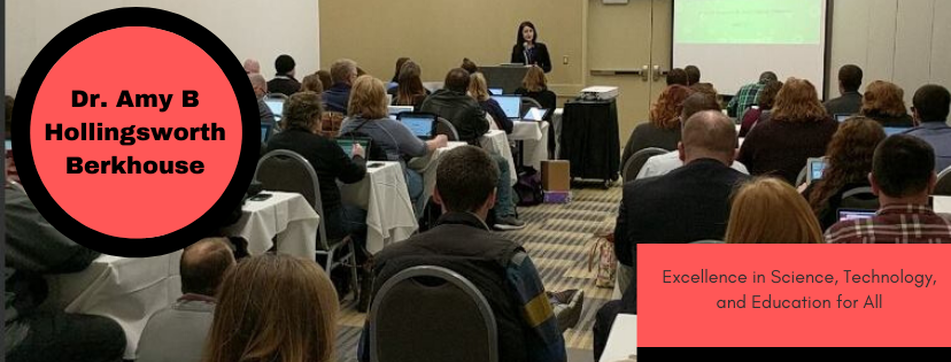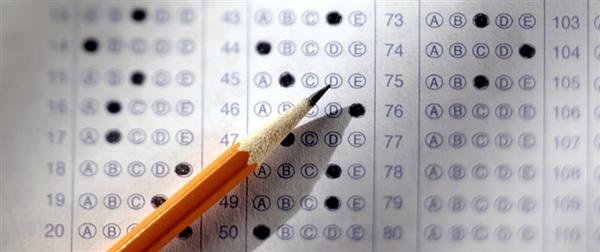First, let me state my belief that this is not a "problem" for government to intervene. Do I think something needs to be done about the $96,000 debt of this student? Absolutely. But not by the government. First, let's talk about what the student received for her money.
First, let me state that I don't know this student, and I don't know what her lifestyle was like before, during or after her college career. For $96,000, Becky may have attended school for four to six years. The article doesn't state how long she attended school. During that time (judging from the huge amount of debt), she likely lived on campus, in one of the designer dorms UA has to offer. UA boasts of it's award-winning apartment style residence halls, with private kitchens and baths. All that, for only $9,308 a year. Surely, living in luxury will make it easier for students to study, right? They offer wonderful dining options, like dining plans that include Starbucks, Einstein Bagels, Subway, a grille, a market, a cafe, and many others. Deluxe accommodations, only $4240 a year. Students can have their morning cup of java on the way to the Rec Center, which boasts "What can you do at the Rec Center? You can bike, run, shoot hoops, swim, play ping-pong, climb a 53-foot wall and join any number of group-exercise classes, ranging from yoga to cycling to Zumba."
Wow, it sure seems like students have the opportunity to live like royalty at UA. I'm sure there is equal opportunity to live a lavish lifestyle while at any other university around the country. And, let's be honest about what happens AFTER life at UA, after she has received her degree. I bet that students feel they can't take a step backwards, into "regular life" like the student in this story described in the article. Students, once they become dependent on zumba and Starbucks and deluxe apartments wouldn't want to go back. And when student loan lenders are offering to furnish all this luxury for you, no problem, sign on the dotted line - students take that money. The article states that over 40 million Americans have bought into that luxury. And keep in mind, when we say "But, they needed that money for education," it was not JUST classes. It was a lifestyle upgrade.
I don't know Becky, but I see students like her every day. Students come to my class showing off new tattoos, new piercings, designer clothes, fancy meals, energy drinks, Starbucks, flashy UA clothes - and then I wonder.... "Why are these students so unlike me? Where do they get the money to do this?" Let me tell you how I lived in undergrad. I lived in a two-person dorm. My roommate and I shared 30 square feet of cinder block, built in 1956, called McMaster Hall. We bought an old bunk bed from Goodwill. We had a used futon, and we would fashion a coffee table out of milk cartons. We had a tiny cube fridge, and ate a lot of mac and cheese. I thought I was hot stuff when I moved up to an apartment with a roommate. We lived in a one bedroom apartment off campus, that cost $430 a month. I paid it by being a waitress on the weekends. I may have had crappy surroundings, but I had friends, I was happy, and I was learning a lot. I loved being in school. I wasn't building up any debt. NO DEBT. But I don't see many students "tough it out" anymore, because they have student loan packages that pay for deluxe livings.
The article is right - schools and student loan lenders will give students EVERYTHING they want, and more. And, they will saddle them in debt, for their choices. Just as I have to live with my choices at Mount Union (I have no student loan debt, thanks to a wonderful family who helped me pay, and my frugal habits and weekend job) Becky and the students like her will have to live with their choices. These students will be in debt for their Starbucks and lavish lifestyles. And there is NO REASON for the taxpayers to be paying for that. This is not a government problem - this is out of control spending, catching up to these students.
So, if I were to offer any advice to a student, choosing to go away and live at college - take the bare bottom choices. Choose to live in the oldest, cheapest residence hall. You'll only be sleeping there, and will spend most of your time, out with your new friends. Take the bare bottom dining plan, and buy a Keurig for your dorm room. Make your own coffee, and take it to class in a reusable mug (hello, environmentally friendly!). Get a weekend job. Spend your class time wisely, wake up early, and go to the library to study. Plan your day to make the most of the time when many students will be sleeping off their hangovers to be as productive as possible. Better yet, live at home, or with as many roommates splitting the cost as you can manage.
Choose your major WISELY! You may hate math, but any major that involves math will likely get you in a better career than one without. The "fun majors" are often the ones that have no job opportunities once you graduate. Or, you'll be competing against 800 other applicants for that one job. Make sure that you'll be able to pay your bills once you graduate.
And, once you do graduate, hit that student loan debt as hard as you can! Better to slash it while you're young, than to let it build and compound interest. Becky has $96,000 in debt - here's what I would suggest to her, specifically. Take in a roommate or two. Or, even though it's not fun, move home with your parents. Live in their basement while you toss every cent at that debt. If you need to live out on your own, then slash every bill you can.
Got used to deluxe cable while on campus? Slash it by buying a Roku, and Netflix. Get rid of cable, you don't need it. Start looking into frugal living tips - my personal favorite site is The Simple Dollar. There are a ton of tricks and tips to save money, or to stop wasting money. He makes great suggestions too - like to stop trying to impress people with money. I think one of the pitfalls of a college degree is that people believe they should be in a certain lifestyle the second that they graduate, and that just keeps them perpetually in debt. Sure, after living at UA and having deluxe accommodations, deluxe food, deluxe drinks, deluxe Rec Centers, a movie theater, a lazy river, and social events, you want to keep up that lifestyle, but look at what it's doing to countless other students besides Becky. To put it bluntly - IT'S DESTROYING THEIR LIVES.
Who would have thought going away to college would be the thing destroying people's lives? But that is the reality. Did many students make that mistake of being sucked into a glitzy, glamorous game? Yes. Should the government bail them out? No. (and for the record, government shouldn't bail out anyone, in my humble opinion). The reason student loans cannot be discharged in bankrupcy is simple to me. If you take out too big a home loan, the bank takes back the house. If you take out too big a car loan, the bank takes back the car. If you take out too big a student loan, to live like a rockstar for four to six years, there is nothing for the bank to take back. They can't take that education away from you - nor should you WANT them to.
Now is the time for people with these huge loans to make a significant life change. Buy a smaller house. Stop buying new stuff. Get a roommate or two. Stop trying to impress other people. Find cheap or free activities through your city's website. Slash all your bills.Sell stuff on Ebay or Craigslist you don't need or use. Go to the library instead of the bookstore. Make food at home. Move somewhere cheaper. Take on a second job. Do this for yourself, and your future, because Congress, the president, and the government is not going to help you. Only you can help you. It's never too late to start making better money decisions.






 RSS Feed
RSS Feed
